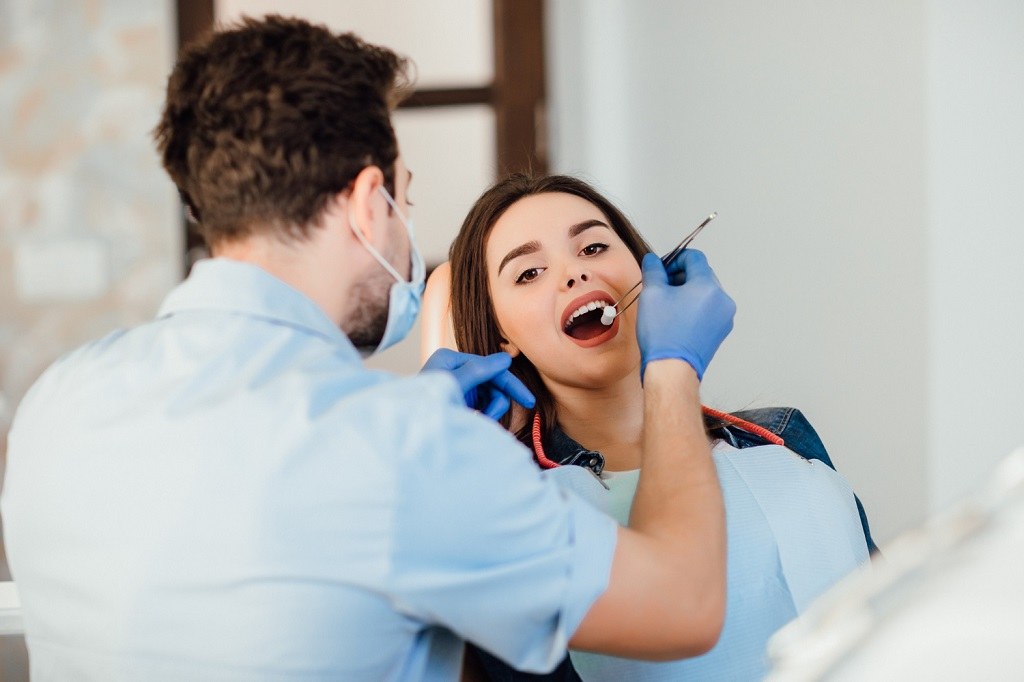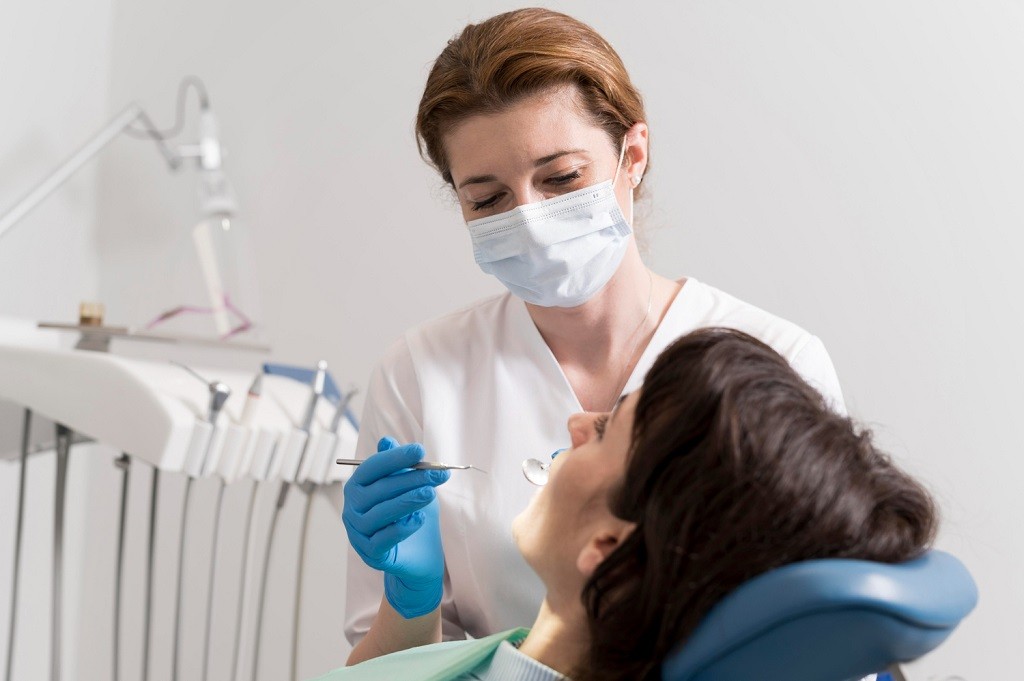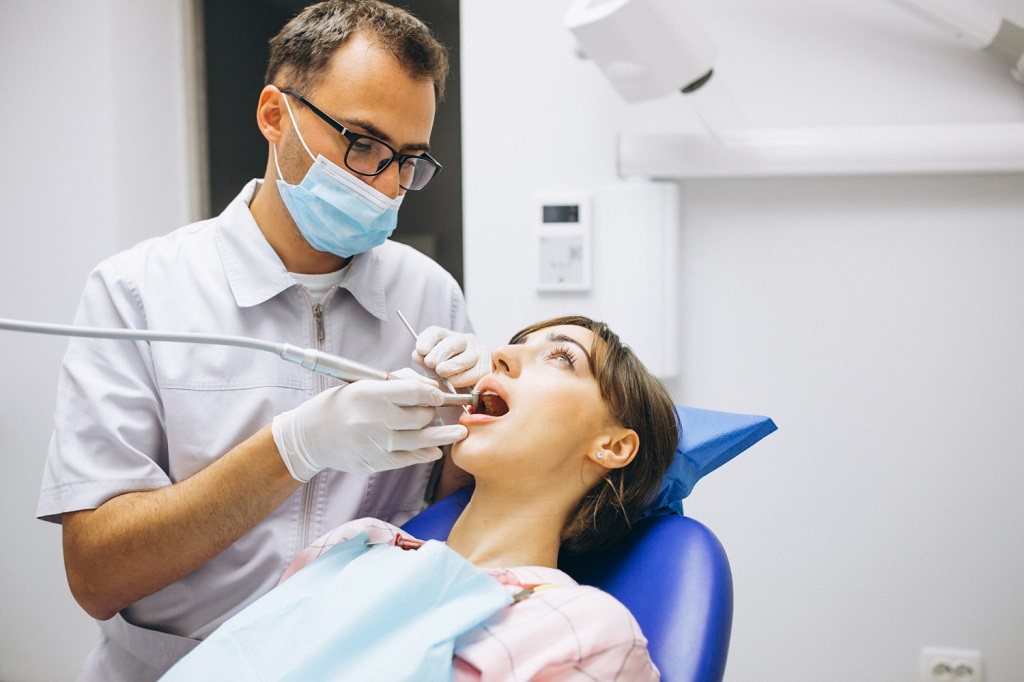Orthodontic treatment, which involves the use of braces, aligners, and other orthodontic appliances, is commonly associated with improving the alignment of teeth and enhancing smile aesthetics. However, the benefits of orthodontic treatment extend beyond cosmetic enhancements, impacting overall well-being in various ways.
This article explores how orthodontic treatment can positively influence not only dental health but also emotional, psychological, and social aspects, ultimately contributing to improved overall well-being.
Orthodontic Treatment and Dental Health
Invisalign orthodontic treatment plays a crucial role in improving dental health by addressing various issues related to tooth alignment and bite function.
While the aesthetic benefits of orthodontic treatment are often highlighted, its impact on dental health should not be overlooked. Let’s explore how orthodontic treatment contributes to better dental health:
Correction of Misaligned Teeth
- One of the primary goals of orthodontic treatment is to correct misaligned teeth. Misalignment can occur due to various factors, such as genetics, early loss of primary teeth, or habits like thumb sucking or tongue thrusting.
- Misaligned teeth can lead to problems such as overcrowding, spacing issues, or malocclusion. These issues can affect the way teeth function, making it challenging to bite, chew, or speak properly.
Improved Oral Hygiene
- Straightening misaligned teeth through orthodontic treatment can make it easier to maintain good oral hygiene. Properly aligned teeth are easier to clean, as there are fewer areas where plaque and food particles can accumulate.
- Improved oral hygiene reduces the risk of dental issues such as tooth decay, gum disease, and bad breath. It also contributes to overall better oral health and a lower likelihood of developing dental problems in the future.

Prevention of Dental Wear and Tear
- Misaligned teeth can cause uneven wear on tooth surfaces due to abnormal biting patterns. Over time, this uneven wear can lead to premature tooth damage and erosion.
- Orthodontic treatment can correct bite alignment issues, reducing the risk of excessive wear and tear on the teeth. By restoring proper alignment, orthodontic treatment helps preserve the integrity and longevity of the teeth.
Management of Temporomandibular Joint (TMJ) Disorders
- Malocclusions and bite problems can contribute to temporomandibular joint (TMJ) disorders, which can cause jaw pain, headaches, and difficulty in chewing.
- Orthodontic treatment aims to correct these issues by aligning the teeth and improving bite function, which can alleviate symptoms associated with TMJ disorders.
Psychological and Emotional Benefits of Orthodontic Treatment
Orthodontic treatment offers more than just physical improvements to dental alignment and bite function. It can also have significant psychological and emotional benefits for individuals undergoing treatment. Let’s explore some of these benefits in more detail:
Enhanced Self-Esteem and Confidence
- One of the most notable psychological benefits of dental treatment is the enhancement of self-esteem and confidence. Many individuals feel self-conscious about their smile if they have misaligned teeth or bite issues.
- As orthodontic treatment progresses and the teeth gradually align, patients often experience a boost in self-esteem. They become more confident in their appearance and feel more comfortable smiling and speaking in social and professional settings.

Improved Self-Image
- A straight and healthy smile can significantly impact an individual’s self-image. Orthodontic treatment can transform a smile, leading to a more positive self-image and a greater sense of self-worth.
- Individuals who previously felt insecure about their teeth may find that orthodontic treatment helps them feel more attractive and satisfied with their overall appearance.
Reduced Social Anxiety
- Many people with misaligned teeth or bite issues experience social anxiety related to their smile. They may feel hesitant to smile or avoid social situations altogether due to embarrassment about their teeth.
- Orthodontic treatment can alleviate this social anxiety by addressing the underlying dental issues. As the teeth become straighter and the smile improves, individuals often feel more comfortable and at ease in social interactions.
Better Communication and Expression
- A straight and aesthetically pleasing smile can improve an individual’s ability to communicate effectively. When people feel more confident in their smiles, they are more likely to express themselves freely without the worry of how their teeth look.
- Improved communication skills and the ability to express oneself confidently can lead to better interpersonal relationships and overall social well-being.
Long-Term Psychological Benefits
- The psychological benefits of orthodontic treatment can extend beyond the treatment period. Patients who undergo successful orthodontic treatment often report long-term improvements in their self-esteem and emotional well-being.
- A beautiful smile achieved through orthodontic treatment can become a source of pride and confidence for individuals, positively impacting their overall quality of life.

Conclusion
In summary, orthodontic treatment provides benefits beyond mere cosmetic teeth enhancements. By tackling dental problems, enhancing self-confidence, and improving overall health, orthodontic care can significantly improve an individual’s quality of life.
Choosing to undergo orthodontic treatment is an investment that can yield long-term benefits, not only in terms of a more appealing smile but also in terms of improved dental function and overall well-being. Therefore, considering orthodontic treatment is not just about aesthetics, but also about investing in one’s health and happiness.






